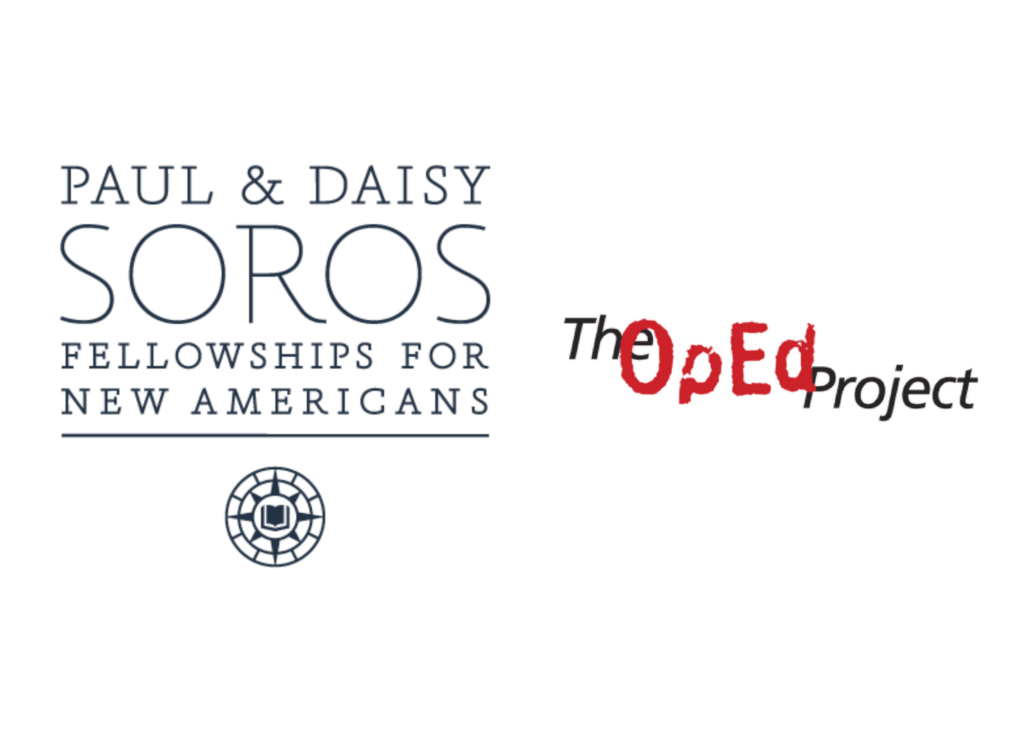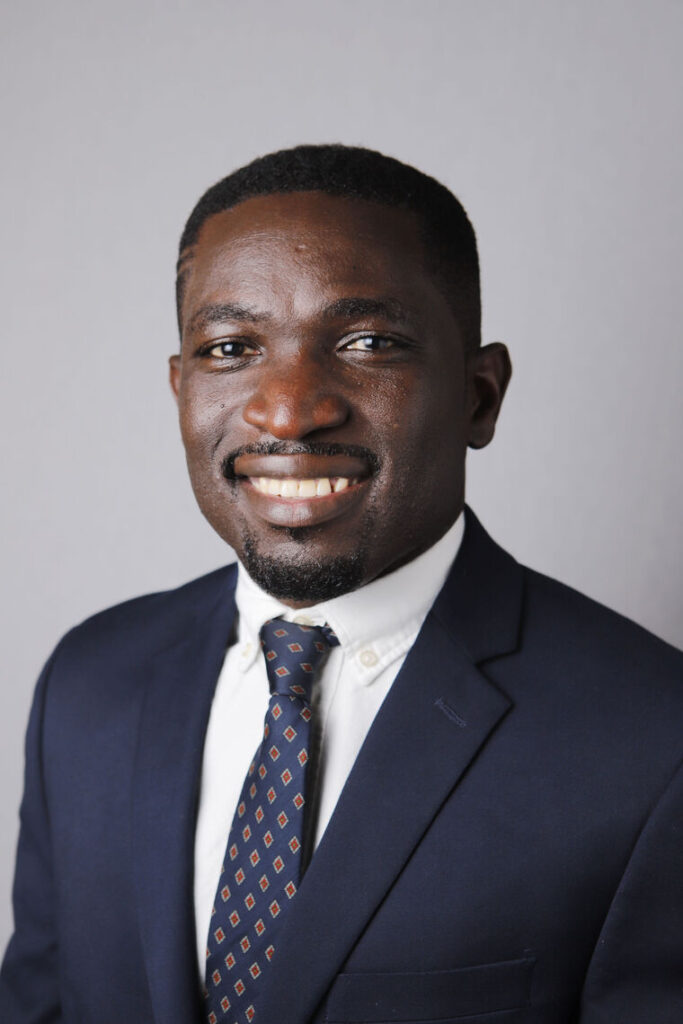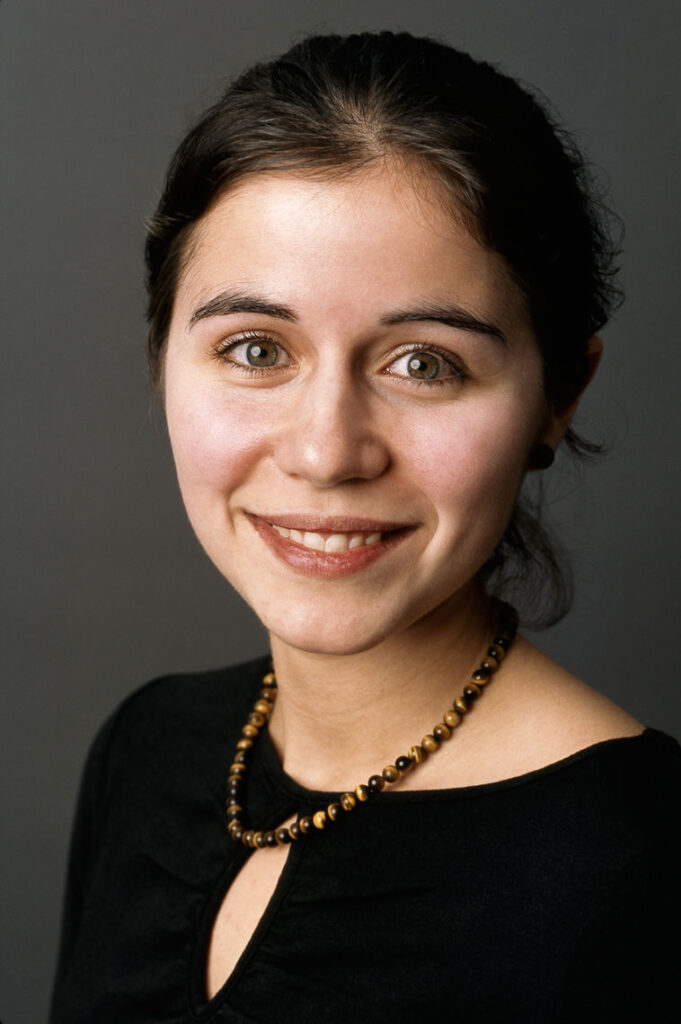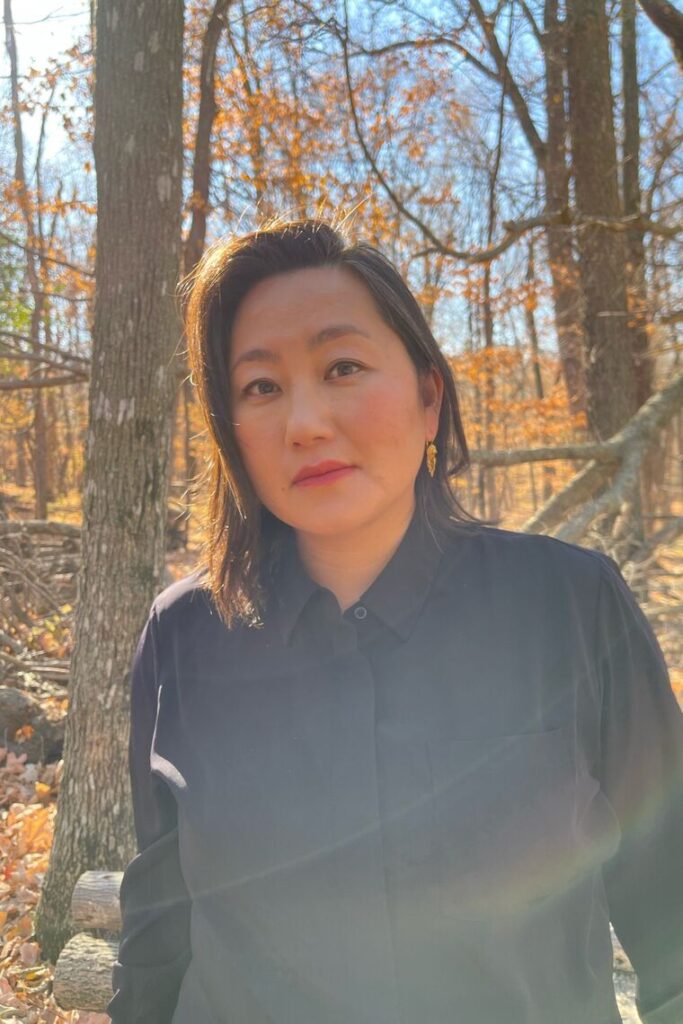
Minjung Kim
Paul & Daisy Soros Fellowship awarded in 2024 to pursue a PhD in Chemistry at Northwestern University.
Minjung Kim is an immigrant from South Korea.
Related Articles
-
 Read more: The Public Voices Fellowship of PD Soros, in partnership with the Oped Project: Year Four
Read more: The Public Voices Fellowship of PD Soros, in partnership with the Oped Project: Year FourThe Public Voices Fellowship of PD Soros, in partnership with the Oped Project: Year Four
-
Read more: NOT ON MY RESUME: Ming Hsu Chen
- Fellow Highlights
NOT ON MY RESUME: Ming Hsu Chen
Meet More Fellows
-

Chidiebere Akusobi
Internal Medicine Resident, Massachusetts General Hospital
Chidiebere Akusobi is an immigrant from Nigeria. Fellowship awarded in 2016 to support work towards an MD in Infectious Disease and a PhD in Infectious Disease at Harvard University
-

Markella Zanni
Professor of Medicine, Harvard Medical School
Markella Zanni is the child of immigrants from Greece. Fellowship awarded in 2002 to support work towards an MD in Medicine at Harvard University
-

Anita Yang Hsu
Senior Vice President and General Counsel, MBK Real Estate Companies
Anita Yang Hsu is an immigrant from Taiwan. Fellowship awarded in 1998 to support work towards a JD in Law at University of California, Berkeley
-

Kao Kalia Yang
Activist & Professor, Author
Kao Kalia Yang is an immigrant from Thailand. Fellowship awarded in 2003 to support work towards an MFA in Creative Writing at Columbia University